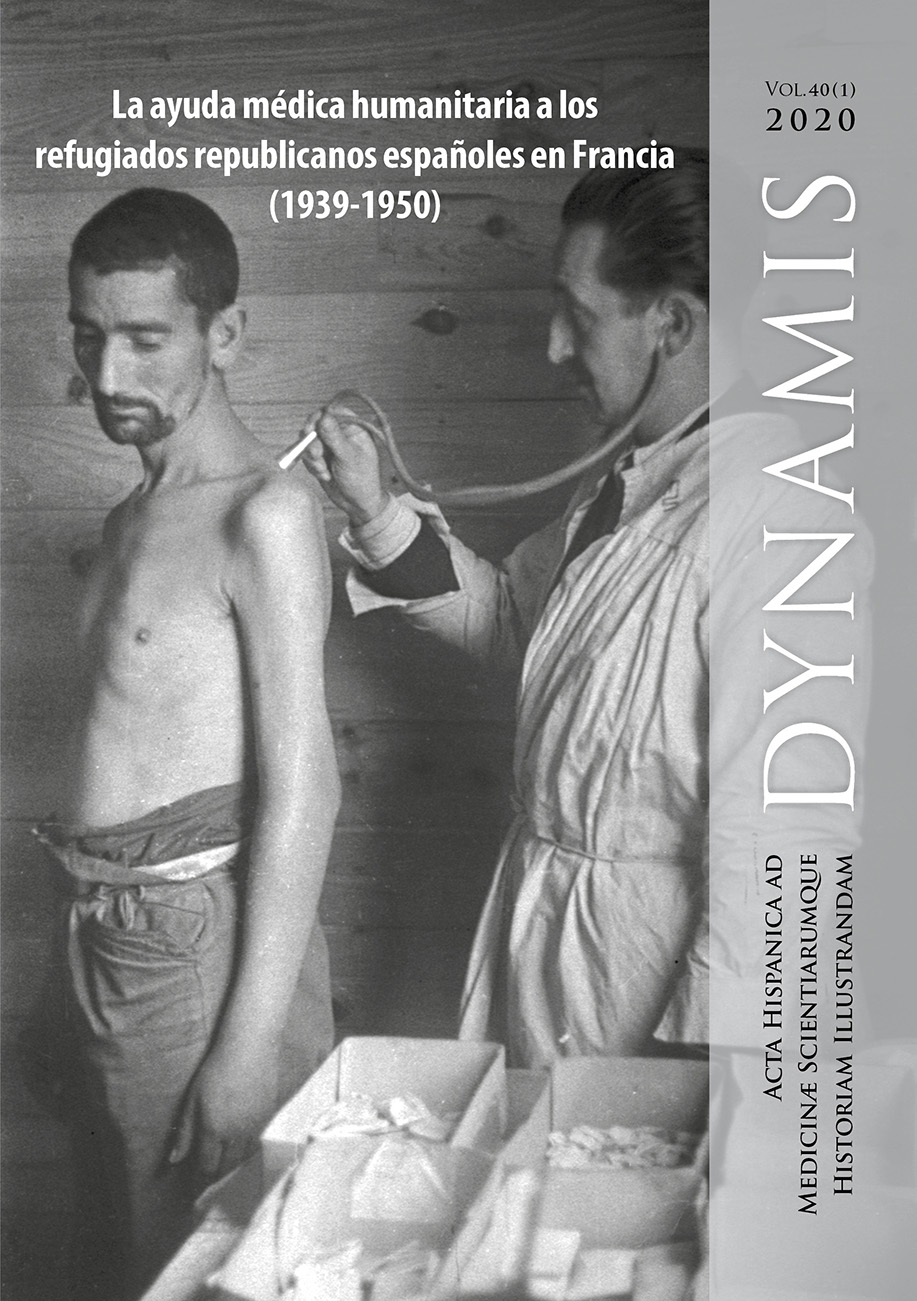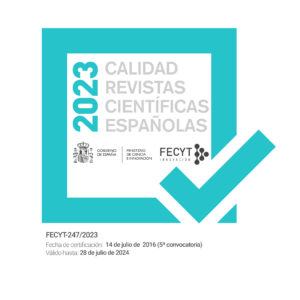Diffusion, circulation, and appropriation of psychotechnics in the work setting in Columbia (1940-1980)
DOI:
https://doi.org/10.30827/dynamis.v40i1.15663Keywords:
Colombia, history, work, psychotechnical tests, job skills, psychological aptitudeAbstract
The aim of this article was to contribute to the history of psychological knowledge in the industry in Colombia. For this purpose, an analysis was conducted of the implementation of the first psychotechnical tests for personnel selection purposes by Mercedes Rodrigo (1891-1982), the diffusion of theories about humans in industry by César de Madariaga (1891-1961), and the circulation and appropriation of psychotechnics between the 1960s and 1980s are analyzed. We argue that, as in other countries, psychotechnics became a device in Colombia to detect labor aptitudes and a new scientific imperative in the search for productivity in the country’s industries. We also show that a reduction in accidents and the promotion of individual well-being at work were not the main reasons for their implementation in Colombia. On the contrary, they ended up being an instrument to overcome problems of discipline and productivity and a technique for the modelling of men and for occupational adaptations in the context of a surge in import substitution policies.Downloads
Download data is not yet available.
Downloads
Published
2020-07-01
How to Cite
Gallo, Óscar, & Castaño, E. (2020). Diffusion, circulation, and appropriation of psychotechnics in the work setting in Columbia (1940-1980). Dynamis, 40(1), 203–224. https://doi.org/10.30827/dynamis.v40i1.15663
Issue
Section
Artículos
License
Dynamis se encuentra adherida a una licencia Creative Commons Reconocimiento (by), la cual permite cualquier explotación de la obra, incluyendo una finalidad comercial, así como la creación de obras derivadas, la distribución de las cuales también está permitida sin ninguna restricción.

















